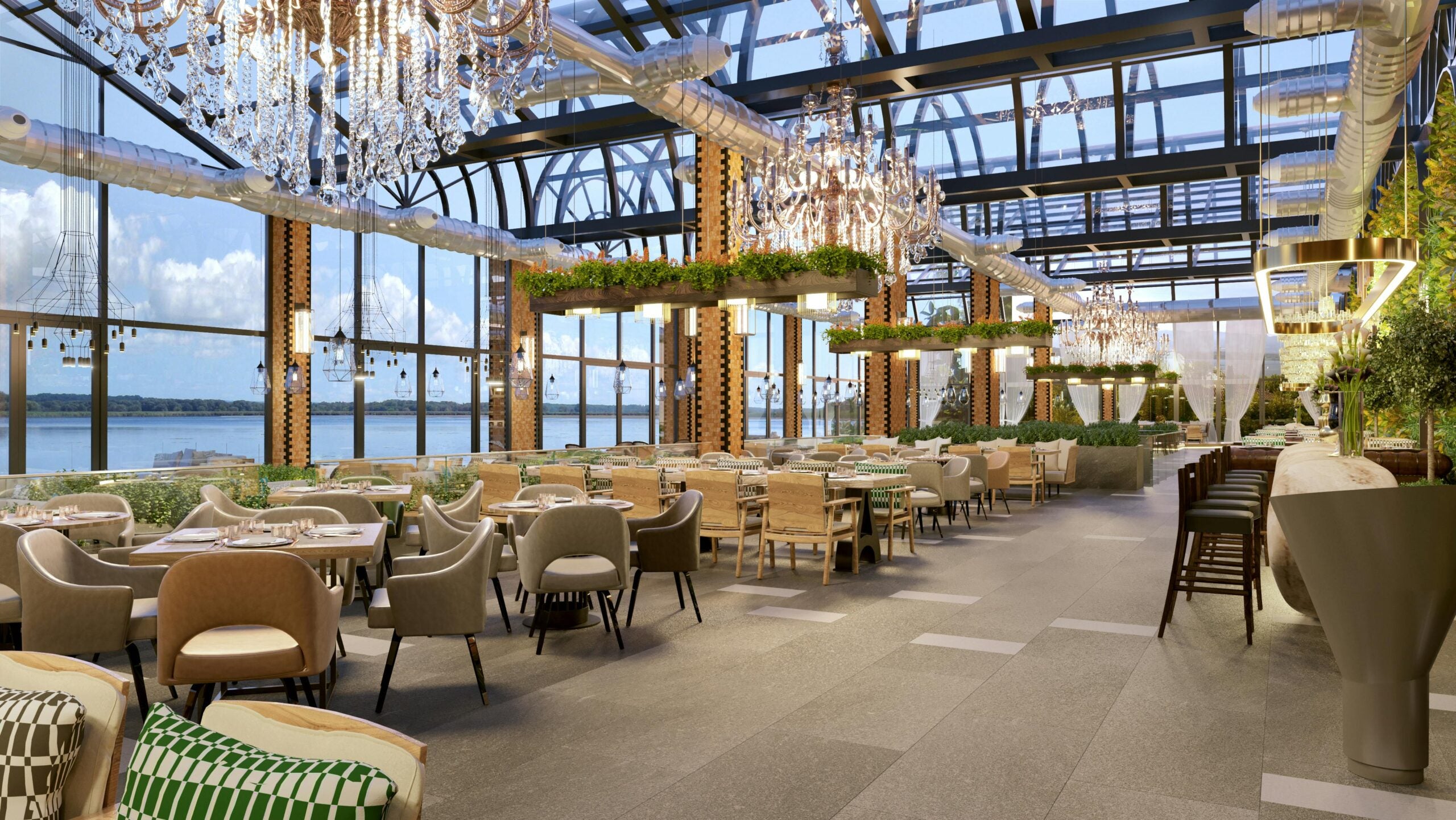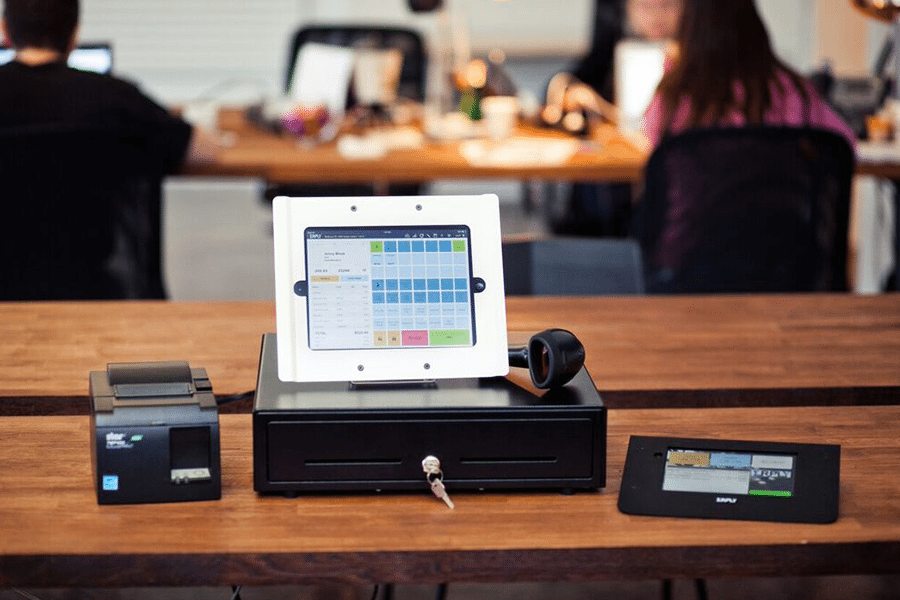The sun hasn’t risen but you’re hard at work. The roaster is going and the first pots are getting ready to start brewing the special roast your coffee shop is famous for. But you can’t shake the nagging feeling about the customer who complained yesterday that the coffee was too hot and burned his tongue.
Thankfully, when you set up your business, you purchased coffee shop insurance. The policies you purchased—a business owner’s policy (BOP) and workers’ comp—should be everything you need if a customer gets hurt, an employee becomes ill, or something happens to your property. And it wasn’t even that expensive: only about $80 a month for your BOP.
Let’s explore coffee shop insurance types, costs, and examples of claims below.
Key Takeaways:
- Coffee shop insurance is a policy, or a couple of policies that, when combined, provide comprehensive coverage for both liability and first-party property losses.
- Coffee shop insurance can cost between $250 to $640 annually for general liability or $500 to $980 annually for a business owner’s policy.
- Depending on how many employees you have, workers’ compensation will be a required policy for your coffee shop.
Coffee Shop Insurance Cost
We gathered quotes from different insurance companies and brokers to estimate how much coffee shop insurance costs. Keep in mind, these quotes were for a small cafe, with three or fewer employees and less than $200,000 in annual revenue. So, if your coffee shop is larger than that, you can expect the price to increase.
- General liability for a coffee shop, with $2 million in aggregate coverage and $2 million in product liability, can cost between $250 and $650 annually.
- A business owner’s policy with $2 million in general liability and $15,000 in property coverage with a $500 deductible costs between $500 and $980 annually.
According to commercial insurance broker Insureon, its customers pay an average of $75 a month for a BOP and $35 a month for general liability.
Per dedicated small business insurer Next, 43% of its coffee shop customers pay $29 or less a month for general liability. For commercial property, 39% of its customers pay $63 or less per month.
How Is Coffee Shop Insurance Cost Computed?
The calculation of a premium is a complicated process. Insurance companies draw on datasets from years of covering similar businesses. They also will use specific facts about your business to help determine the amount your cafe insurance will cost. Some of the more important details are:
- Experience: How long has your business been in operation and how much experience in the industry do you have?
- Claims history: This is a big one. If you’ve filed a claim in the past three to five years, a carrier will likely charge a higher rate or—believe it or not—may not give a quote at all.
- Zip code: The geography of your business matters because of the chances of natural disasters, crime, and often even whether the area’s courts are friendly toward insurance companies or plaintiffs if there is a lawsuit.
- Property value: Whether you own the building or rent it and just have equipment inside makes a big difference in the insurance cost.
- Revenue: Your business’ annual revenue gives the insurance company an idea of how many customers are entering your shop on a regular basis.
- Employees: How many employees you have matters for liability because the more employees, the greater the chance an interaction goes sour and leads to a claim. But it is also important for workers’ comp: the more employees, the higher your workers’ comp policy will be.
If your coffee shop is more of a cafe with tobacco, cannabis, or alcohol products, then you can expect your premium to increase.
Important Coffee Insurance Coverages
When it comes to insurance for your coffee shop, coverage can be broken down into several categories: required, important, and depends on your business.
Workers’ Compensation
Workers’ compensation is most likely required. Requirements vary by state, but odds are if you have at least three employees, including part-time workers, you will have to purchase workers’ comp. This insurance helps an employee if they become injured, ill, or even die because of the job. It provides some wage replacement, helps with medical bills, and gives the employer liability protection.
General Liability
While not required, general liability is especially important for any type of business where customers are on the premises and products are sold. The main coverage breaks down to bodily injury, property damage, and personal advertising injury protection. The easiest way to think of general liability is slip and fall coverage.
General liability can also include product liability and coverage for damage to premises you rent.
Commercial Property
General liability and commercial property are the two essential coverages. Commercial property can come in different forms and insures your building (if you own it) or the equipment and furniture inside the space (if you are renting).
An alternative is to purchase a BOP. This is a combination of general liability, commercial property, and loss of business income. Typically, it is cheaper to buy a BOP policy than to purchase all three policies separately.
Liquor Liability
If your cafe serves alcoholic drinks, general liability will not be enough coverage. You will need liquor liability, which offers protection for your business if there is an alcohol-related loss. This can sometimes be purchased as an endorsement on general liability or as a standalone policy. Depending on the state, you could be held liable even if your cafe was just one stop among many that the person visited before being involved in an alcohol-related loss.
Employment Practices Liability
Hiring and firing aren’t easy—it is even more complicated if the person accuses your business of discrimination in either process or during employment. Employment practices liability offers assistance for your business if an employee, or former employee, accuses your business of some type of discrimination. Some states, like New Jersey, have more stringent civil laws than the Federal discrimination laws. If that is the case, then this policy is worth looking into.
Cyber Insurance
We live in an increasingly digital era—even for a business with a physical space like a coffee shop, it heavily relies on the internet to be successful. If you use cloud storage for your customers’ personal identifying information, your business is at risk for a data breach. Cyber insurance is a specialized policy in case of a data breach. It can help with notifying customers, credit monitoring services, restoring hardware, and even PR campaigns for your business.
Coffee Shop Insurance Claim Examples
While it is low-hanging fruit, the easiest claim example for coffee shops is the most familiar—a cup of coffee was spilled on a customer who immediately begins screaming. The coffee was hot, maybe too hot, and they now have second- and third-degree burns. Before you know it, Jackie Chiles is representing them and you’re facing a lawsuit. Fortunately, you have general liability insurance to help with investigating the loss, defense costs, and, if necessary, a settlement.
A jury found Starbucks liable and ordered it to pay over $27 million to a store manager who was fired, in the eyes of the jury, unjustly and for reasons bordering on discrimination1. This was following a high-profile event in the news when the store manager called the police on some customers inside the store. A loss like this would fall under employment practices liability insurance.
Coffee Shop Insurance Frequently Asked Questions (FAQs)
Last Bite
Your coffee shop is more than just a place serving a great brew, it is a home away from home for the student, an office for the consultant, an escape for the single parent, and a hangout for friends. That’s why having the right insurance for coffee shops matters: you can focus on creating the right environment for your customers instead of worrying about what might go wrong because you know you’re covered.
- https://www.insurancejournal.com/news/east/2023/08/22/737235.htm ↩︎
ALSO READ



